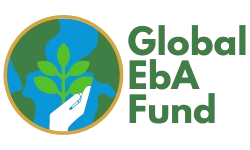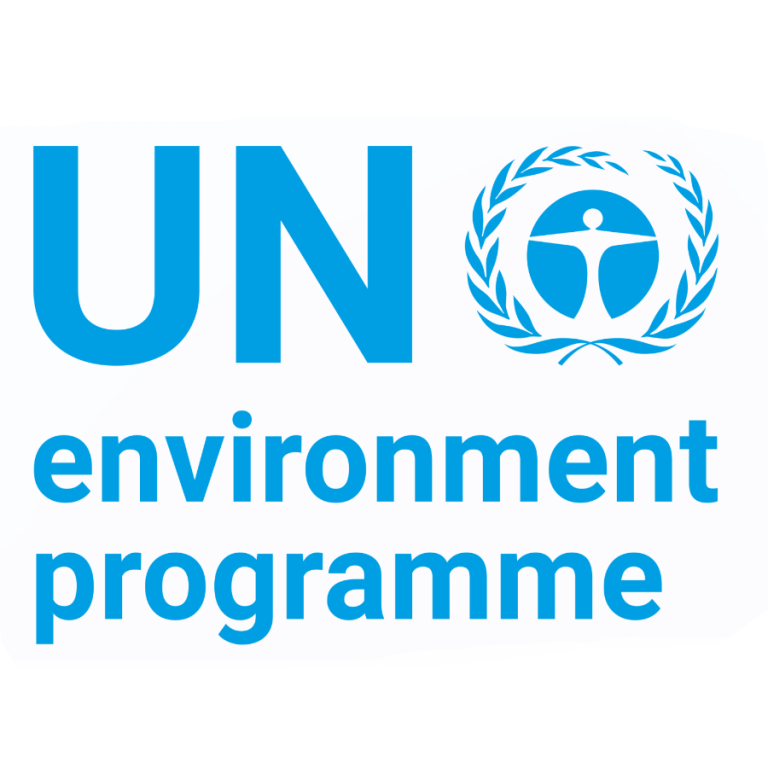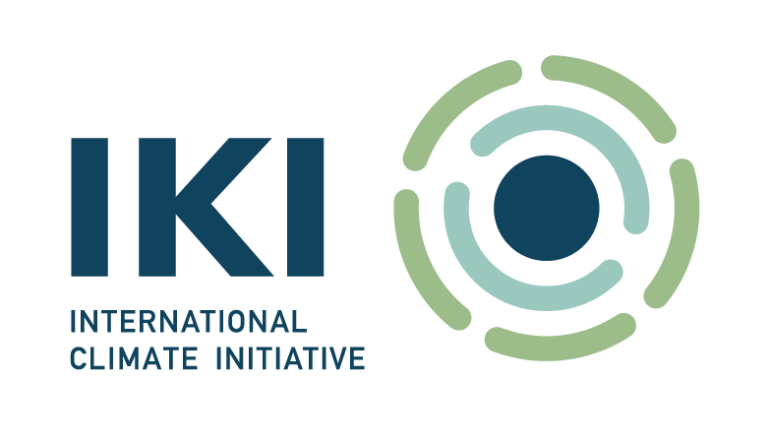Advancing ecosystem-based approaches for building climate resilience, livelihoods, and food security in the Coral Triangle Philippines
Project Information
In partnership with the Global EbA Fund, Environmental Defense Fund is undertaking a nearshore rehabilitation project in Cabalian Bay, an extremely climate vulnerable fishing region in the Philippines. Here, climate change, unsustainable coastal development, and overfishing have damaged nearshore and offshore ecosystems, limiting the benefits these ecosystems can provide for local communities, such as storm surge protection and fisheries habitat. These drivers have also made local fishers and fish farmers more food and income insecure. Environmental Defense Fund’s rehabilitation project will restore damaged ecosystems, create sustainable livelihoods, increase food security, and mitigate climate change impacts. The project benefits will create a foundation for similar work throughout the Coral Triangle.
Project Status
The completion of the ICRMP was a significant milestone that will serve as a roadmap for sustainable coastal management, including strengthening the enforcement of existing environmental laws and guiding the creation of new policies over the coming year.
A critical step in this process was securing an Executive Order in January 2024, which established the TWG to lead the development of the ICRMP. This order formalized the commitment of local government agencies and community stakeholders to collaborate on sustainable coastal resource management. As the Secretariat, EDF worked closely with BFAR, the LGU of Saint Bernard, the DENR, the Provincial Government of Southern Leyte, barangay officials, maritime enforcement agencies, and community members to finalize the plan. Through continued engagement with partners, we helped lay the foundation for long-term policy integration and enforcement.
To help replicate the success of Saint Bernard’s ICRMP and support EbA-informed policies across the region, EDF developed a policy brief that advocates for a standardized template for ICRMPs in Southern Leyte that integrates EbA and climate change. If the recommendation is adopted, the template would be used by PALMDev, the local alliance of resource managers that represents eight coastal municipalities in Southern Leyte. The policy brief will be distributed to the mayors and/or representatives in PALMDev during their next quarterly meeting.
Additionally, both pillars of our project — the livelihoods farm and the ICRMP — support the goals outlined in the Philippine Development Plan (PDP), a national blueprint that integrates the 17 UN Sustainable Development Goals (SDGs). The PDP emphasizes a science-based, holistic approach to agriculture, forestry, and fisheries, aiming to improve food security, market access for small-scale fishers, and ecosystem resilience. The livelihood farms combined with our ecosystem assessments and the resulting ICRMP help demonstrate how restoration and coastal resource management can generate ecological, economic, and climate resilience benefits.
Overall, EDF and partners worked to ensure that all our efforts could translate into policy action at local, regional, and national levels. By documenting the restoration process and developing strategic communications materials, we are confident that the impact of our project — including the relationships we built — will influence future policy decisions and promote sustainable coastal management practices across the Philippines.




